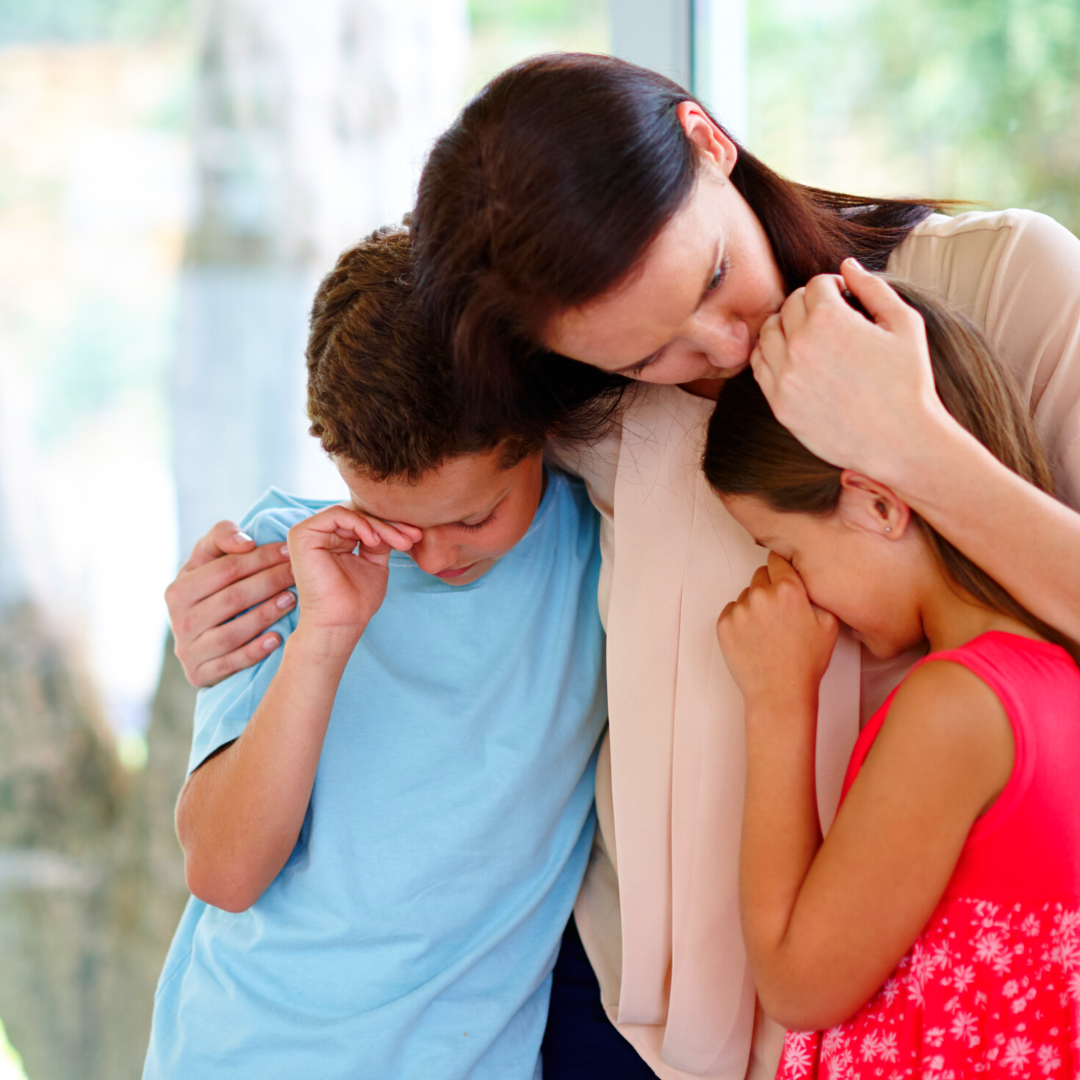
Susan Ciancio ponders how, even amidst pain and suffering, we can train ourselves and our children to trust in the Lord.
It’s hard to read the news these days and not feel brokenhearted. There’s so much pain and suffering in the world, and it can leave even the most faithful among us questioning whether God had abandoned us. We know, of course, that He hasn’t. But if even amidst our pain we wonder that for just a second, imagine what the nonfaithful might think. Imagine how abandoned and lonely they must feel when tragedy befalls them.
Just a cursory look at recent headlines can make a person feel sick, but we don’t need the news to make us feel hopeless. Events in our own lives—diseases, divorce, illnesses, injuries—can lead us to feel broken. No one is immune.
God did not promise a life full of joy and devoid of any sorrow if we follow Him and live a life true to His word, but He did promise that He would be there to walk with us through our pain.
Yet oftentimes we become angry when something “bad” happens. We feel abandoned. We feel lonely. And we look around and see good things happen to “bad” people. We wonder why we must be the ones to suffer.

Unfortunately, we may not get the answers we seek until we meet the Lord. But we do know this: God is with us regardless of whether or not we want Him to be with us. God is with us even when we push Him away. He’s with us because He loves us. And if we let Him, He will help us find joy on the other side of our pain. He will help us make some good out of the sorrow we face. Remember that after the grief of Good Friday came the joy of the Resurrection. So it will be with us.
That doesn’t mean that we won’t still feel the pain of losing a child, of broken marriages, of a sick body, or of anything else we may have suffered. But we will experience a spiritual healing that brings us closer to God and that assures us of His goodness and love.
So how do we train ourselves and our children to trust in the Lord? We immerse ourselves in God’s word. We allow the truths of the faith to wash over us, to give us solace, to draw us closer to Him, and to help us teach our children.
Time after time in the Bible, God promised His faithfulness. He promised His people that He will never abandon them. And that is His promise to us too.

Click to tweet:
If we let Him, God will help us find joy on the other side of our pain. #CatholicMom
And when we do inevitably suffer, let us learn to offer up our suffering—even our minor sufferings—for those who need prayers. When we do this, we have the opportunity to alleviate some of their pain or to help them grow in faith. There is so much we can do. For instance, we can fast one day a week for someone we know who is suffering. We can offer up our headaches, our backaches, or any other illnesses for someone else. As we do this, let us be a model to our children, so they can learn to do this as well. They can begin by offering up small sufferings, such as giving up a snack or a favorite TV show for someone who needs prayers. These small sacrifices help them as they grow and encounter greater suffering. As they offer these things up, teach them to pray for the people they are offering this sacrifice for.
In doing these things, we help God create some good from our suffering. And we will see that we can even derive joy from our sufferings, as we know that through us, someone is helped in some way.
In the book of Judith, we read her loving prayer to God:
“You are God of the lowly, helper of those of little account, supporter of the weak, protector of those in despair, savior of those without hope.” (Judith 9:11b)
Her prayer tells us the truth we must always keep in mind—that God is always with us and for us.
Let this be our prayer too.

Copyright 2023 Susan Ciancio
Images: Canva
About the Author

Susan Ciancio
Susan Ciancio has a BA in psychology and a BA in sociology from the University of Notre Dame and a master’s in liberal studies from Indiana University. Since 2003, she has worked as a professional editor and writer. She is executive editor for the Culture of Life Studies Program and editor of ALL's Celebrate Life Magazine.


.png?width=1806&height=731&name=CatholicMom_hcfm_logo1_pos_871c_2728c%20(002).png)
Comments